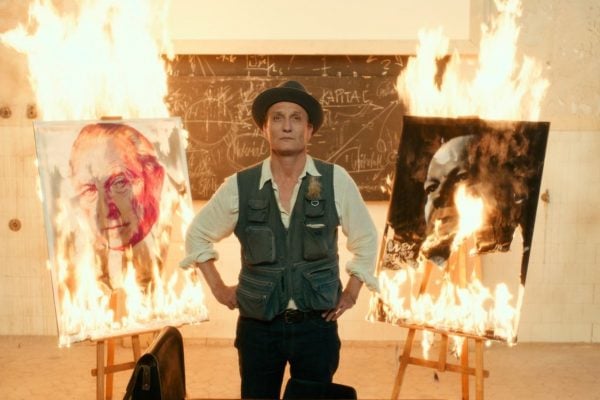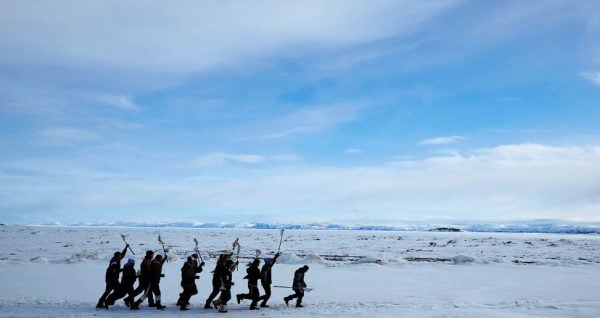Movies Like The Truman Show (1998)
As in his previous films, Director Andrew Haigh explores the delicate nature of loneliness, grief, and love in All of Us Strangers, except this time he does so through a supernatural lens. The result is mesmerizing: amid the tenderness the film draws from its characters, there’s a swirl of mystery too: how is it possible […]
Frybread Face and Me is a little indie gem: though rough around the edges, it’s full of charm and heart. Drawn from its director’s own childhood experiences, the movie charts a formative moment in the life of Benny, a city boy of Navajo, Hopi, and Laguna Pueblo heritage who’s carted off to his grandmother’s ranch […]
Giannis Antetokounmpo’s rags-to-riches life story is the stuff of movies, and indeed it’s been told many times on print and screen. But this is the first time he and his family are telling it themselves, which is a big deal since Antetokounmpo, as it turns out, is inseparable from his family. Their revealing interviews about […]
The Beatles ‘64 zeroes in on a precise moment in The Beatles timeline: their American debut, which propelled them from English boyband to Global sensation. Since their appearance in The Ed Sullivan Show in 1964, they’ve been on a nonstop upward trajectory to success. The documentary, co-produced by Martin Scorsese, explores why that is by […]
Given a budget from Netflix to make a documentary on Korean film, some would have chosen instead to make one for big Korean filmmaking personalities like Academy Award winner Bong Joon-ho, who is featured here. However, director Lee Hyuk-rae instead creates Yellow Door, a love letter to the ‘90s film club that inspired a generation. […]
For people having difficulty bearing a child, artificial insemination is one way to go for parenthood, but going to sperm banks can be expensive, shrouded with too much anonymity, and have had many incidents of malpractice. Some people would rather take things into their own hands. Spermworld explores the journeys of three different internet sperm […]
You don’t need to know a lot about baseball to appreciate The Saint of Second Chances. It has enough going on to keep you hooked from start to end, beginning with Jeff Daniels’ inimitable voice as the narrator and Charlie Day’s inspired casting as the younger Veeck, all the way down to the Veecks’ fascinating […]
It seems unfair to call Neeyat India’s (and Amazon Prime’s) answer to the Knives Out series of films, but it often feels that way. It’s a murder mystery that sides with the poor and satirizes the rich, and it mostly takes place in a grand manor that forces its colorful cast of characters to interact […]
A healthy mix of despair and self-deprecation has always been Bo Burnham’s signature, but Inside takes it to the next level. It’s a deconstructed film, rather than a simple one-night special; a one-man-show that constantly undercuts itself. Even more so, it sabotages its own immersive qualities and explores the depths of self-loathing by turning oneself […]
The film unfolds in the rhythm of a cow’s life: birth, mating, feeding, milking, checkups. Soon, these events become regular occurrences. Instead of showcasing the more ‘spectacular’ parts of these animal lives in order to build a narrative that’s engaging in a more conventional sense, British director Andrea Arnold opts for intimacy through banal instances. […]
Feminism has made plenty of strides in multiple areas, but even in the era of free love, talking about sex was difficult, and certain figures were dismissed just because of it. The Disappearance of Shere Hite reexamines the titular forgotten feminist figure that simply focused on the female orgasm, giving a second look at her […]
Horror doesn’t have the best track record with homosexuality, as anything considered as the other are often alluded to in making its monsters, but in Ganymede, the script is flipped– Lee’s love for Kyle is portrayed in the most peaceful and calming of ways, while the harshly spat homophobic beliefs Lee’s dad beats into his […]
Even with its haphazard construction and occasionally unnecessary and corny flourishes (what’s with all the mellowed-out covers of pop songs?), there’s a sense of intense, sincere pride and joy that shines through Every Body’s many testimonials. Intersex people are barely represented whether in media or in legislation, and countless people still have very little understanding […]
Swiss filmmaker Alexandre O. Philippe gave us the free-flowing fandom doc The People vs. George Lucas in 2010 and hasn’t stopped obsessing over his favorite filmmakers ever since. Can you blame him? Dedicating years of your life to research of the the weird Lynch-verse is a mammoth task, especially since the kernel of his new […]
For a film with virtually no plot, there’s a lot of fuss going on in Oregon. The characters are constantly yelling and complaining, but the noise—like the plot, the set, and everything else about the film—is empty. The beauty of a Turkish summer is reduced to indoor sets, where much of the film takes place, […]
Featuring cannily edited filmography excerpts and interviews with friends and ex-lovers of Rock Hudson — the Golden Age matinee idol who became the first major celebrity to die of AIDS — this documentary lifts the lid on the closeted gay star’s double life. Though its first third draws chiefly on biographers to paint a serviceable […]
As much as the Alabama-bred stand-up comic doesn’t fit into the stereotype of someone with an online presence, Dusty Slay’s comedy special can’t help but feel like you’re scrolling through the Twitter feed of someone’s funny but incoherent (and most likely high) thoughts. There isn’t much connective tissue to be found in Workin’ Man, which […]
This bittersweet little documentary about a Parisian newsstand will change the way you look at a kiosk forever: they’ll no longer seem like transitory stops on the way to somewhere, but a destination themselves. Director Alexandra Pianelli, whose family has run this particular newsstand for four generations, shoots from inside the tiny cabin, from where […]
Told in a playful mockumentary format, Pinball: The Man Who Saved the Game delivers precisely what the title promises and a bit more. Apart from imparting interesting information about pinball’s complicated past (it was only declared legal in New York as recently as 1976), the film doubles as a touching family drama and a fun […]
Entergalactic, a vibrant animated romcom from the mind of musician Kid Cudi, follows new neighbors Jabari (Cudi) and Meadow (Jessica Williams) as they navigate their way through the ups and downs of modern love. They’re both established artists at the height of their careers, but when it comes to romance, they’re still scraping for lessons, […]
Most parts of Bassel Ghandour’s debut feature are familiar, but the way it’s put together feels pretty unique. It’s like a spy thriller except the spies are gossipy neighbors, the binoculars are smartphones, and the intel comes from chats in barbershops and salons rather than from self-destructing messages. It’s also Romeo and Juliet, except instead […]
With its celebration of Thai dances, excellent costumes, and two male theater actor leads, ManSuang seemed like it would be something akin to a Thai Farewell My Concubine, especially as it starts off with what could have been sex scene interrupted by a murder. The addition of the espionage storyline, as well as the dynamics […]
Right off the bat, Bad Things looks gorgeous. Shot in 16mm, it plays with dreamy pastels and 1970s aesthetics, all while having its all-queer cast roam around the hotel’s haunted halls in mesmerizing ways. The setup is straightforward, but not too obvious: Ruthie’s problems with her girlfriend and her mother are exacerbated by the hotel’s […]
Even when it necessarily tackles the difficulties that are part and parcel of same-sex love in the 20th century, there’s something pleasant about the way A Secret Love is told. The documentary puts Terry and Pat’s love above all else, so even though we hear about how they had to tear the bottom pages of […]
In Luzzu, tradition and modernity — plus principles and necessity — come crashing up against each other like waves in a raging storm. Trying to navigate his way through the tempest is Jesmark (Jesmark Scicluna), a Maltese fisherman proudly descended from a long family line of the profession. But Jesmark’s work — and his identity, […]
As one would expect from what’s essentially a feature-length sports highlight reel, Bye Bye Barry compiles some stunning archival footage of Barry Sanders’ best runs, given exactly the star treatment it deserves through a grand score and endless praise from the film’s talking heads. But those who might want anything deeper—perhaps about Detroit’s football culture, […]
A documentary told entirely through animated avatars can be a hard sell, but instead of playing into the expected jokes, director Joe Hunting takes this digital environment extremely seriously, and that makes all the difference. He doesn’t downplay how absurd it is to see what are essentially 3D characters going on dates and having bellydance […]
If the sheer intensity of The Novice’s storytelling can at times feel like it’s trying too hard to be in-your-face—rather than authentically disturbed—the ambition of Laura Hadaway’s direction is still quite the spectacle to behold. Where some of the film’s relationships don’t come off as complex as they should be, Hadaway and her team more […]
Known for his comedy skits on Facebook, the comedian Kountry Wayne finally gets his own Netflix special to middling results. The character that he plays on the stand-up stage is meant to be highly irreverent, showing a callous disregard to everybody except himself. But while a more seasoned comic (which Wayne could become in good […]
From the sheer size of Frederick Wiseman’s documentaries (both in length and scope), it should be clear that his goal isn’t necessarily to have us retain every piece of information he gives us in all of this film’s board meetings and press conferences. This is a film interested in the macro view of how a […]
It’s slower and stranger than most comedies you may be used to, but there’s still lots of heart to be found in the way Classmates Minus follows the lapsed hopes and wishes of its core characters. Beneath all its stereotypically male yearnings for control and romantic wish fulfillment, there are potent ideas here about how […]
After his first serious role in The Truman Show in 1998, Jim Carrey got a shot at playing his idol, the late comedian and performance artist Andy Kaufmann, in Man on the Moon in 1999. When he got the role, a role of a lifetime, Carrey decided to honor Kaufmann’s legacy by transforming into him […]
Paul Giamatti, man. Ever watched Win/Win? What a performance. I didn’t think he could do any better than that. But here he did. This movie is now on Netflix. It’s about a couple that is trying to have a kid but can’t. Their frustration grows, but so does their willingness to do whatever it takes […]
Hallmark movies aren’t automatically bad if they’re cheesy and on the cheaper side; there are ways to make these characteristics work, of course. But these qualities definitely don’t help if the story they’re telling is uninteresting and if the actors in front of the camera couldn’t be compelled to deliver convincing emotions if their lives […]
It’s impossible to describe this incredible movie as one thing or the other. It’s an epic three-hour saga that takes you through the Nazi era, the communist era, the rise of capitalism, and the East and West German divide. But more than its historic value, it’s a coming-of-age story, one that is based on the […]
This uplifting Canadian sports drama is based on a true story set in the remote Nunavut town of Kugluktuk. The small community has the highest teen suicide rate in North America, as it suffers from intergenerational trauma, and the resulting alcohol and drug abuse. A new young history teacher who is sent by the government […]
























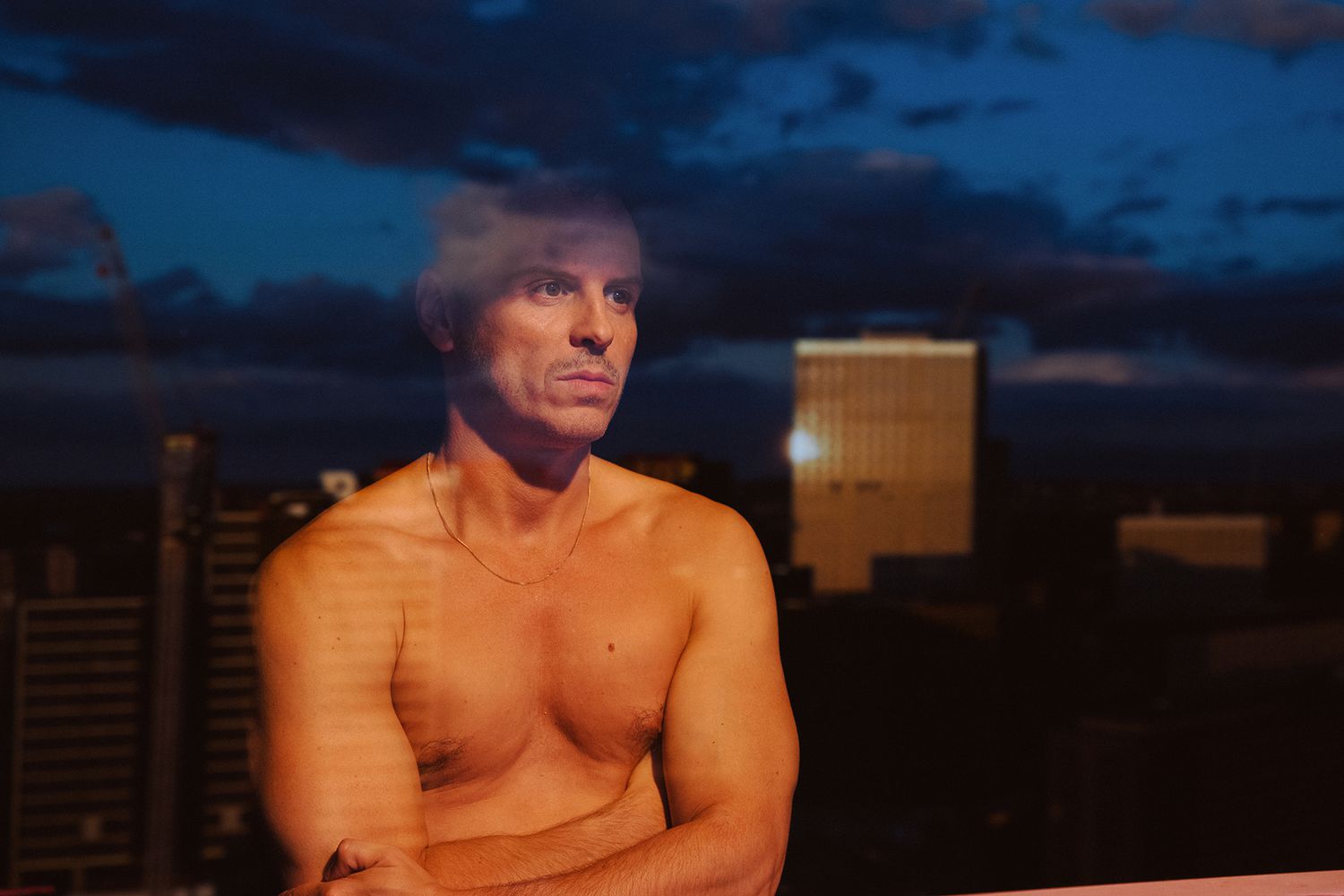
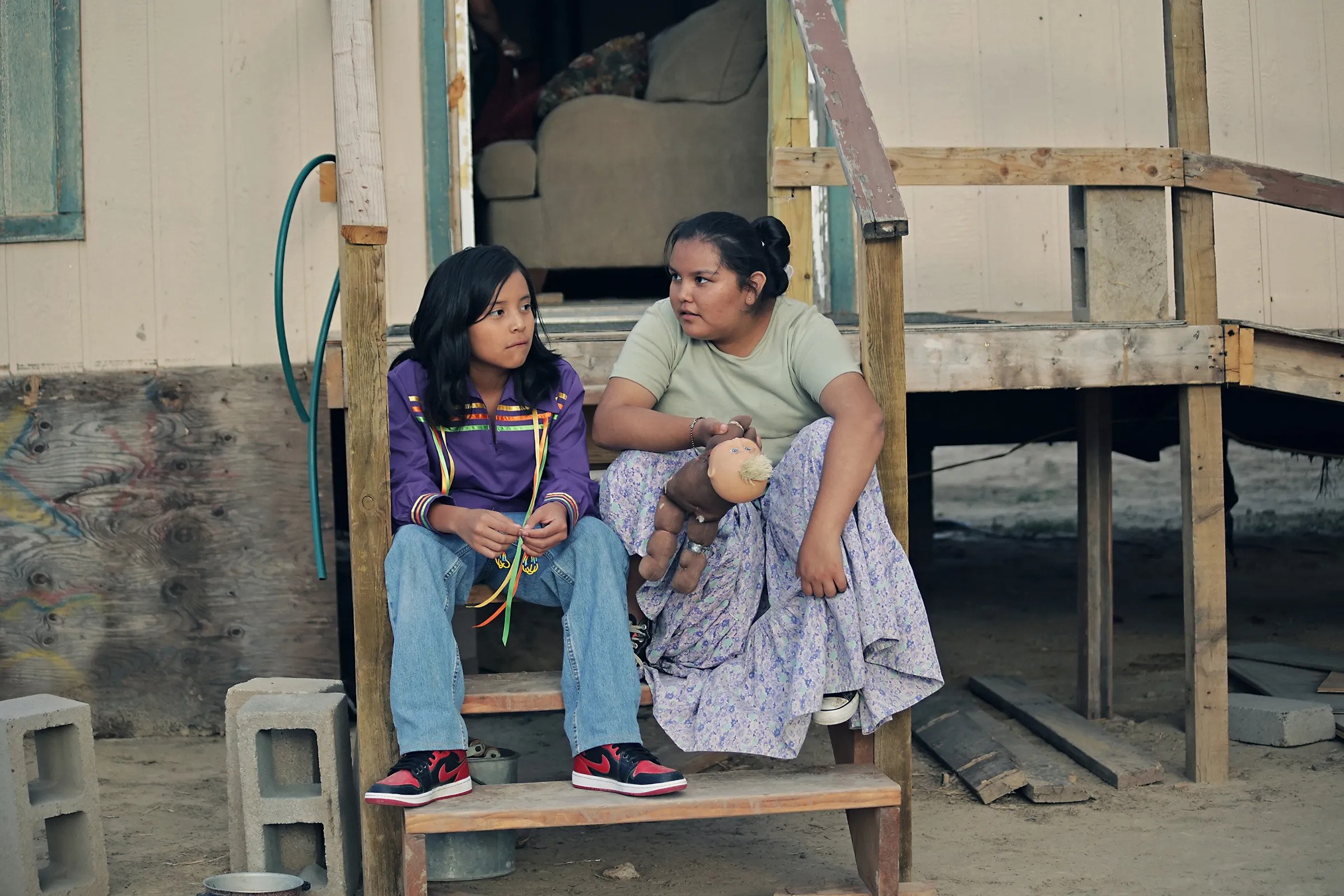
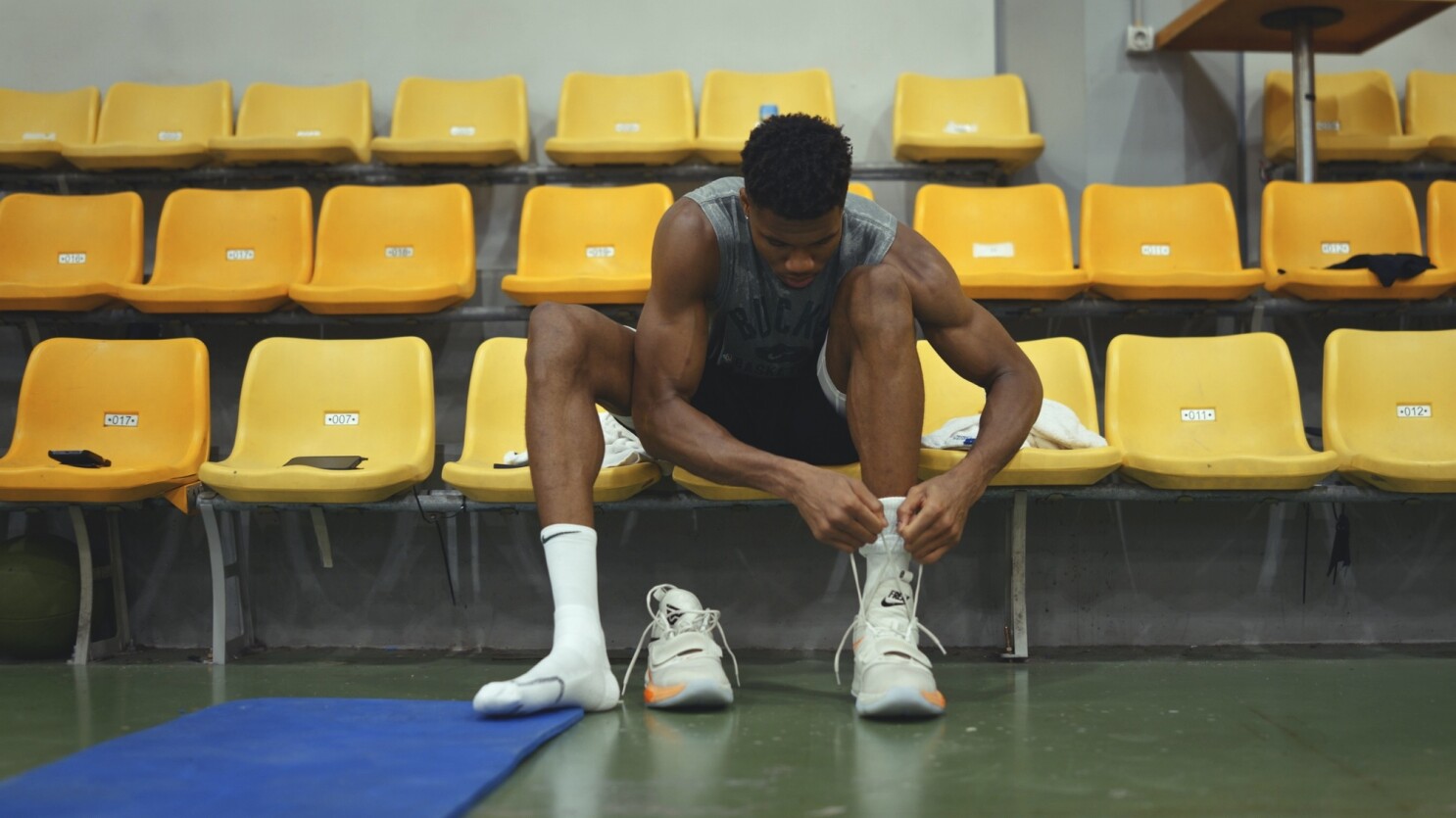
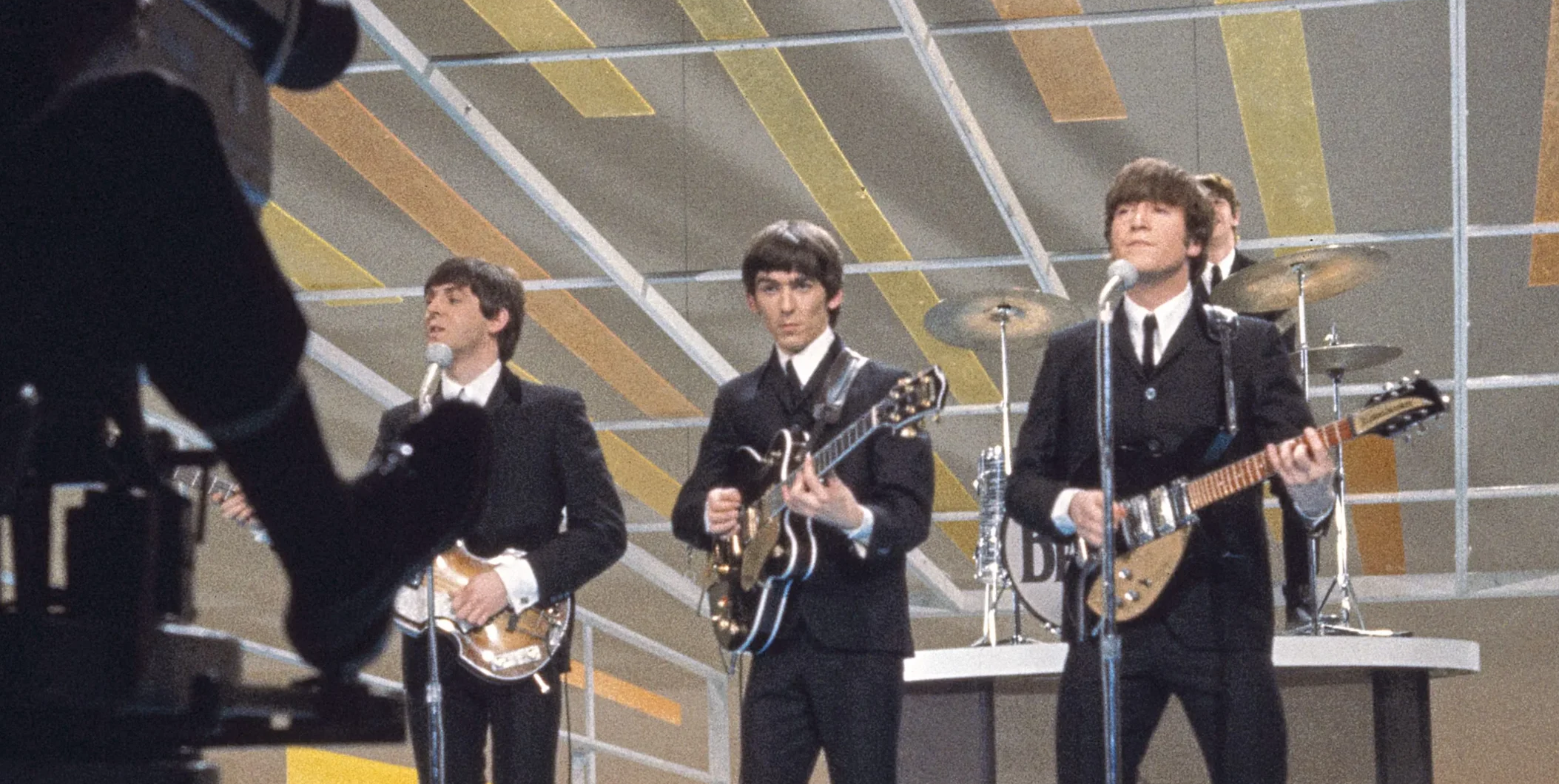

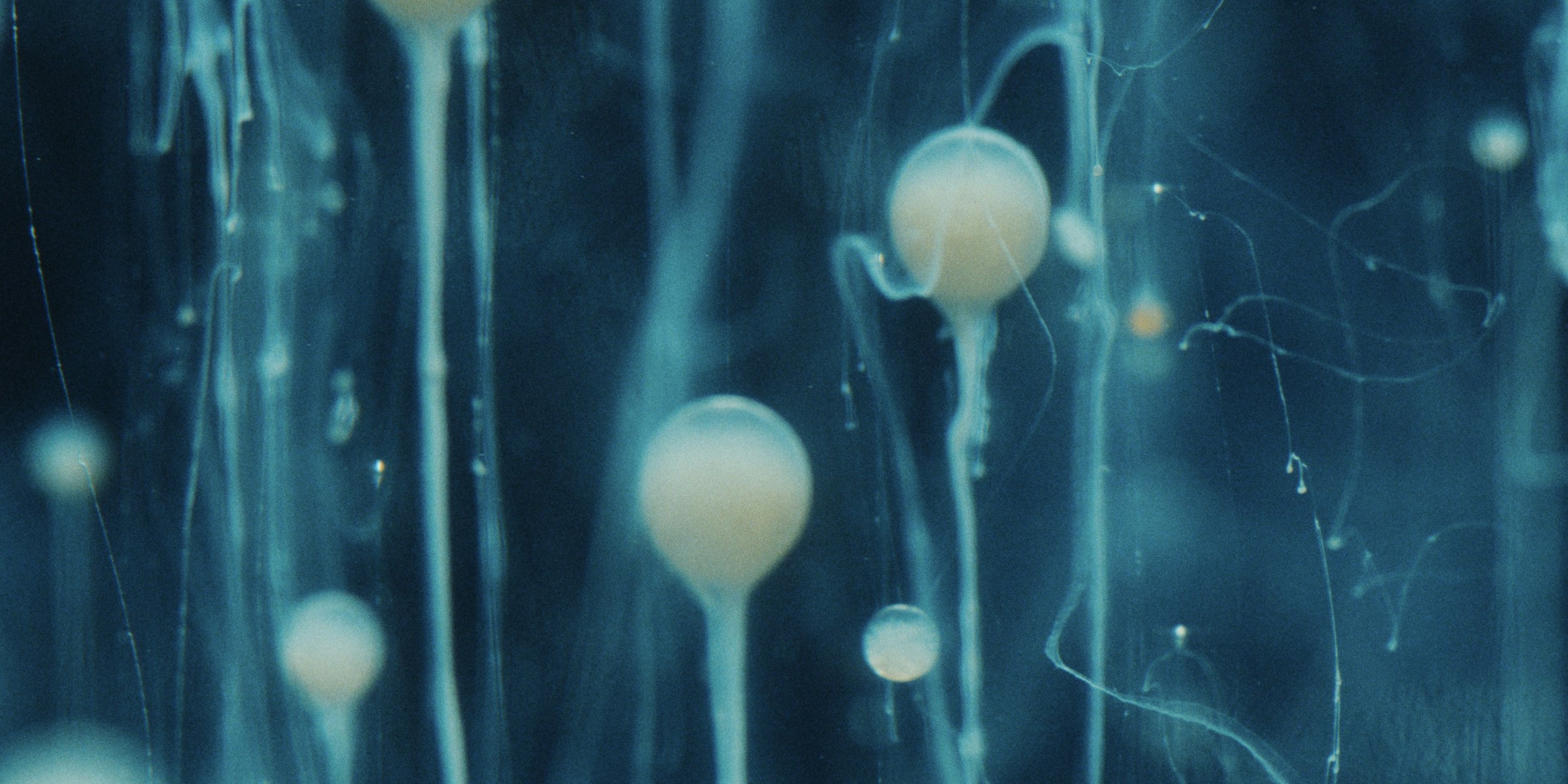
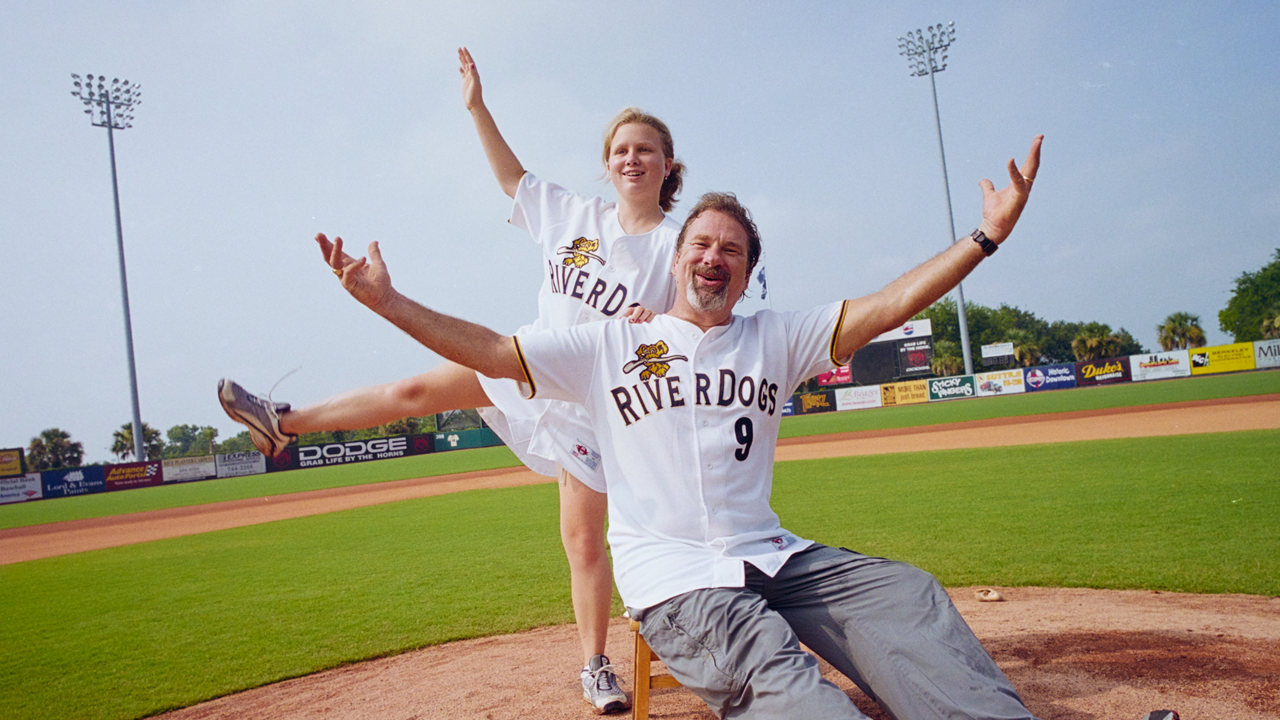
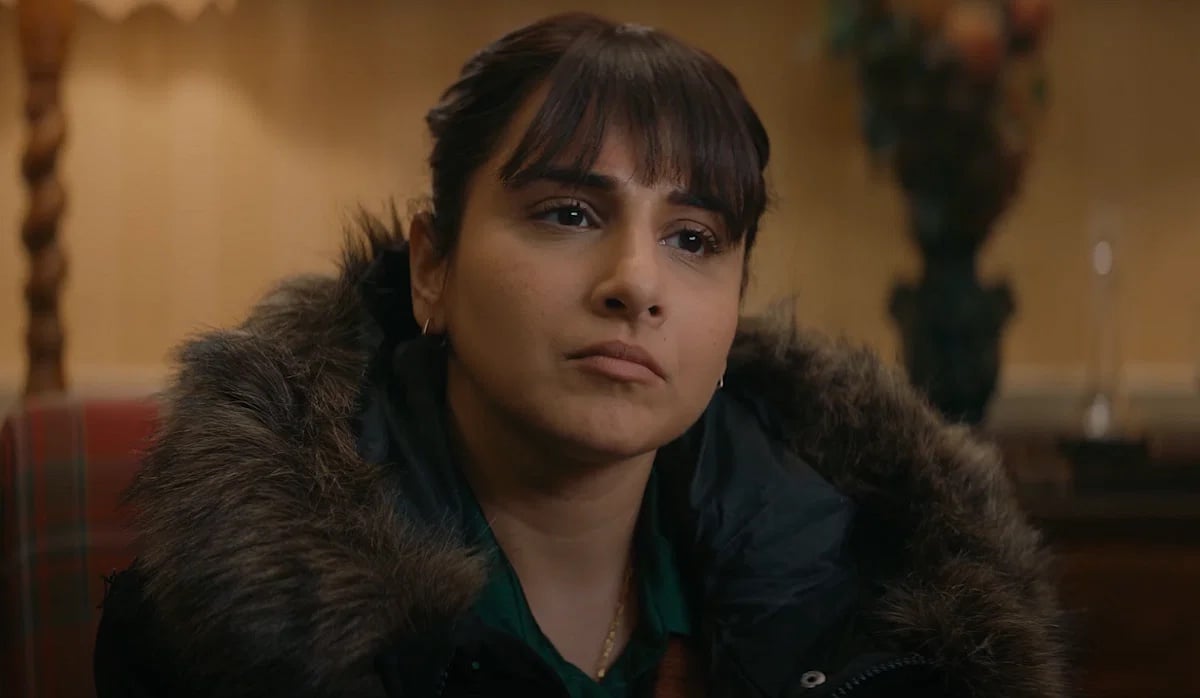
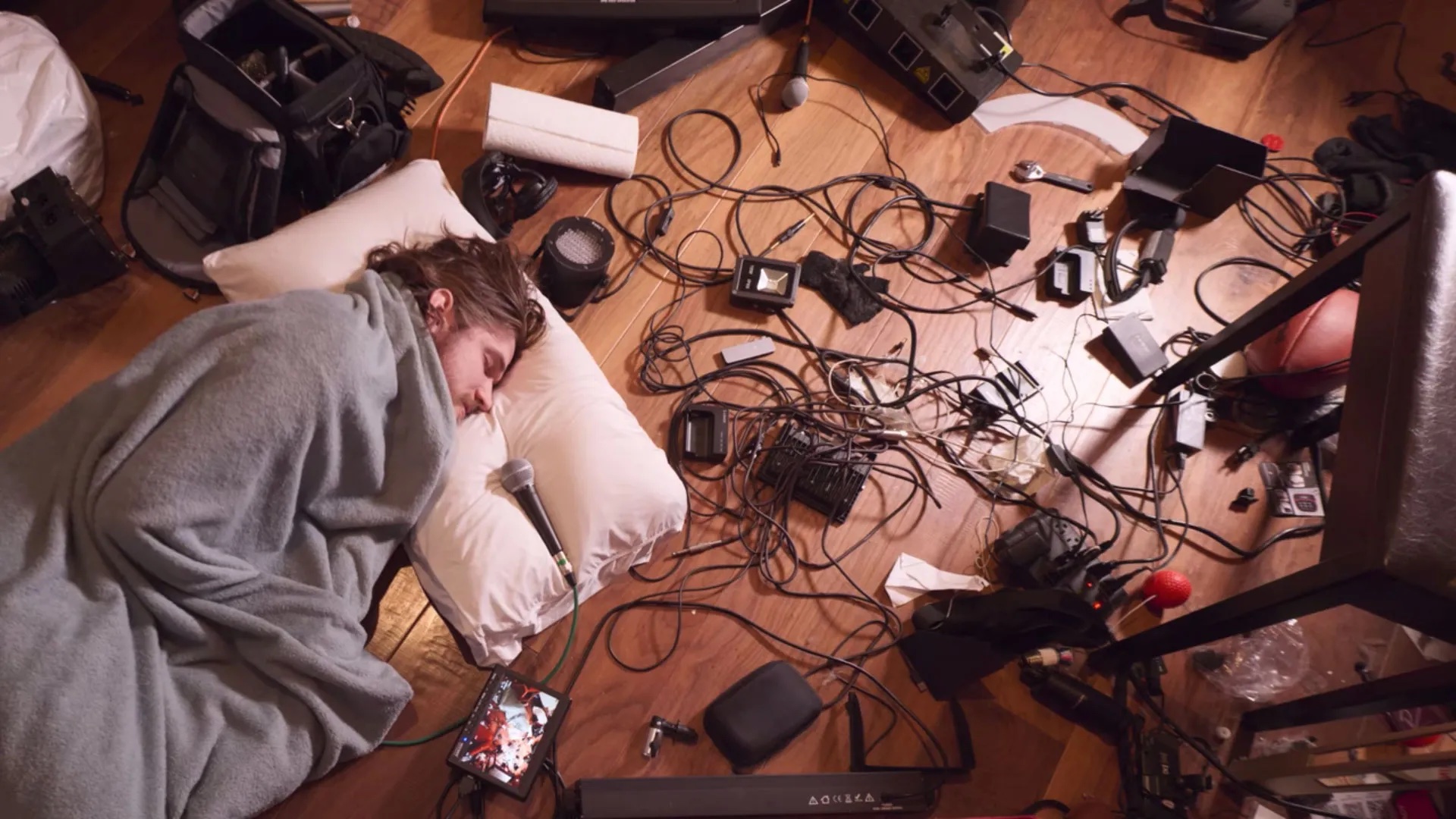
 x1
x1
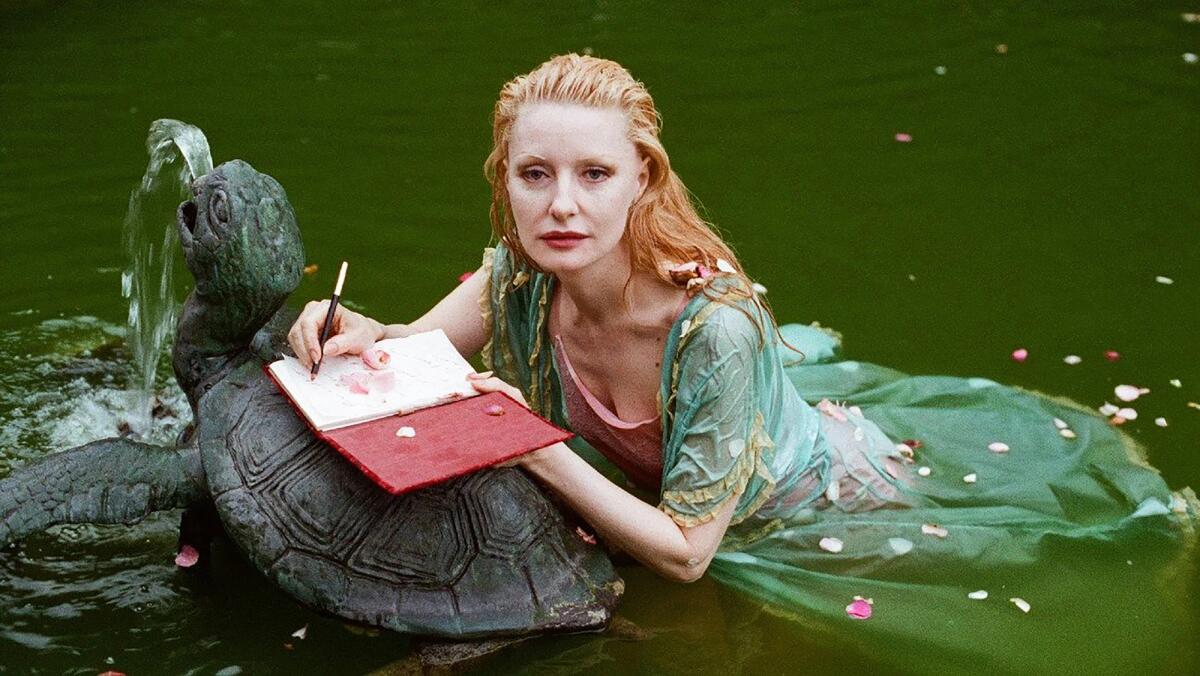

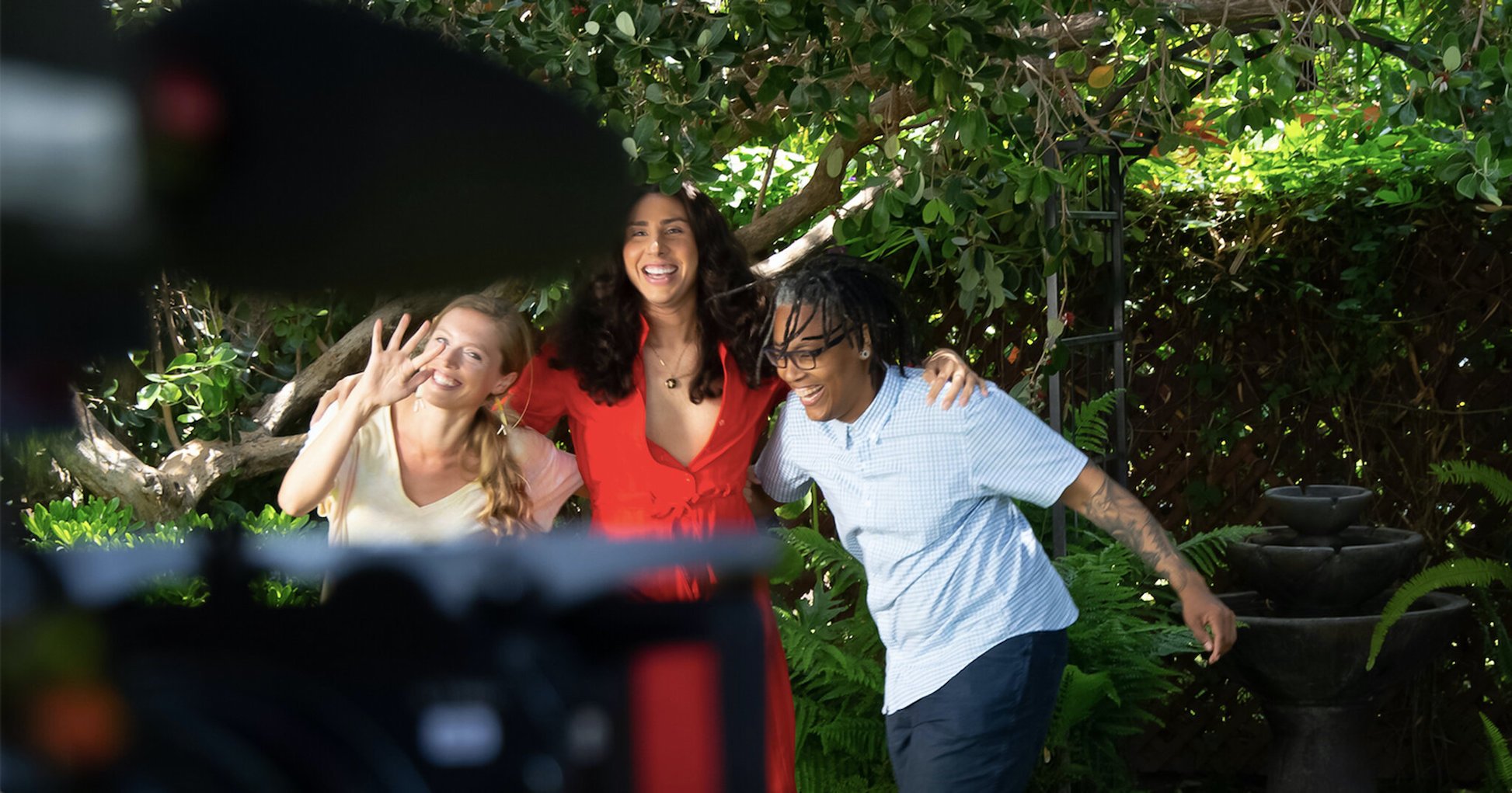
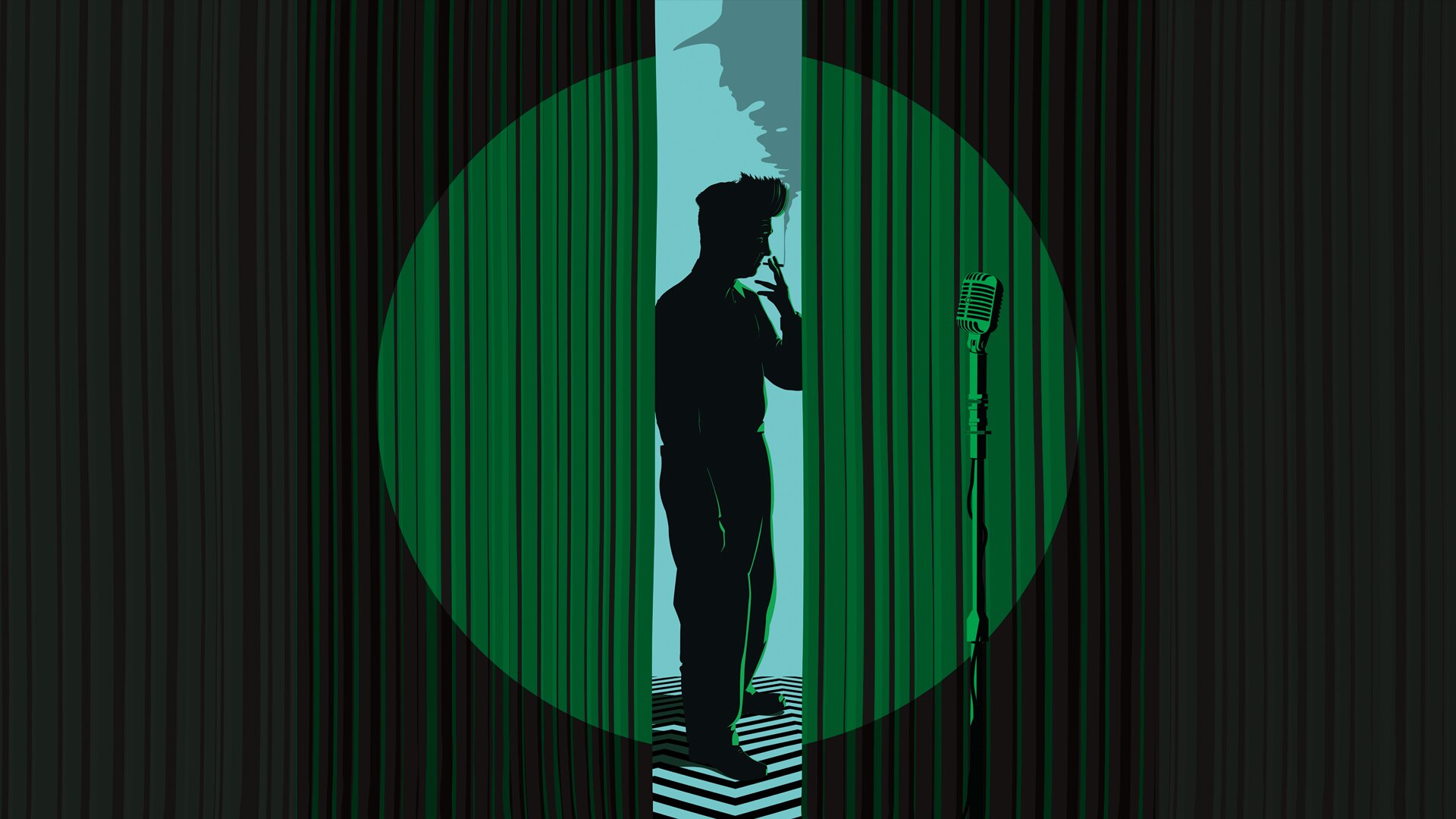

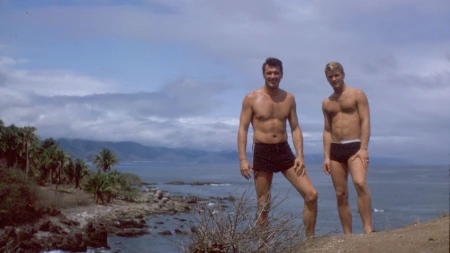

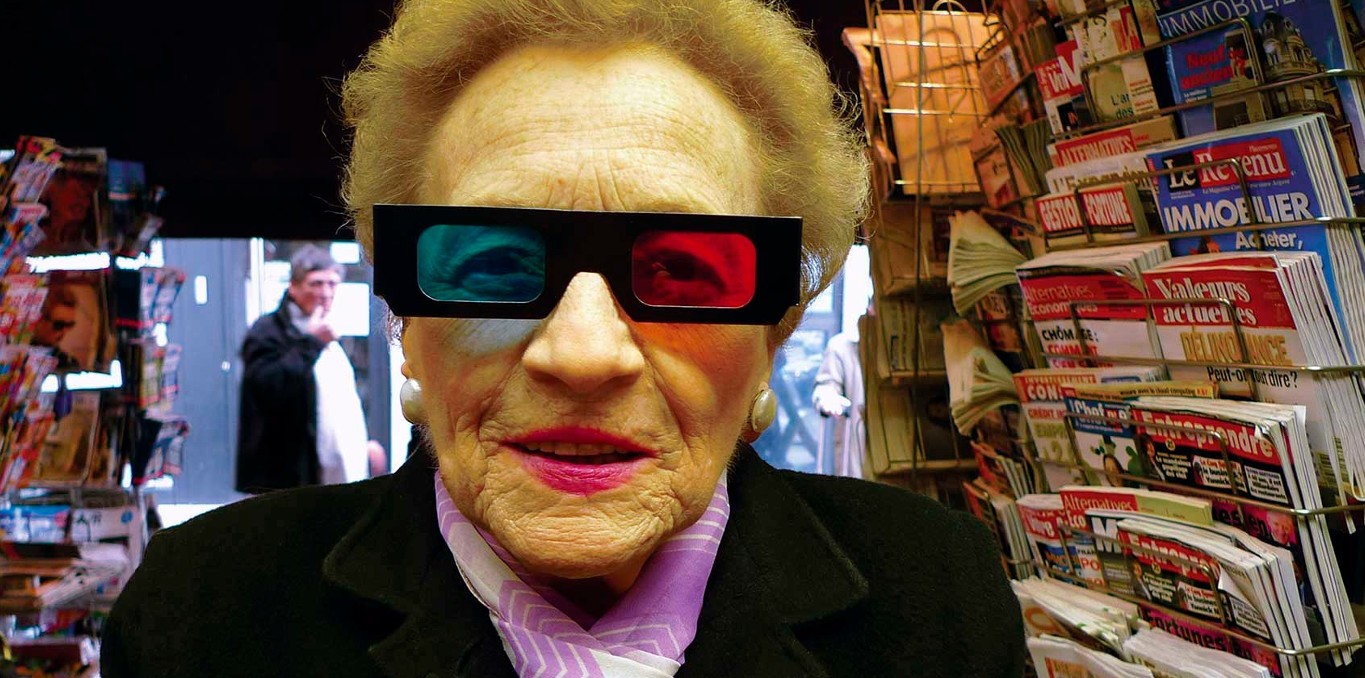
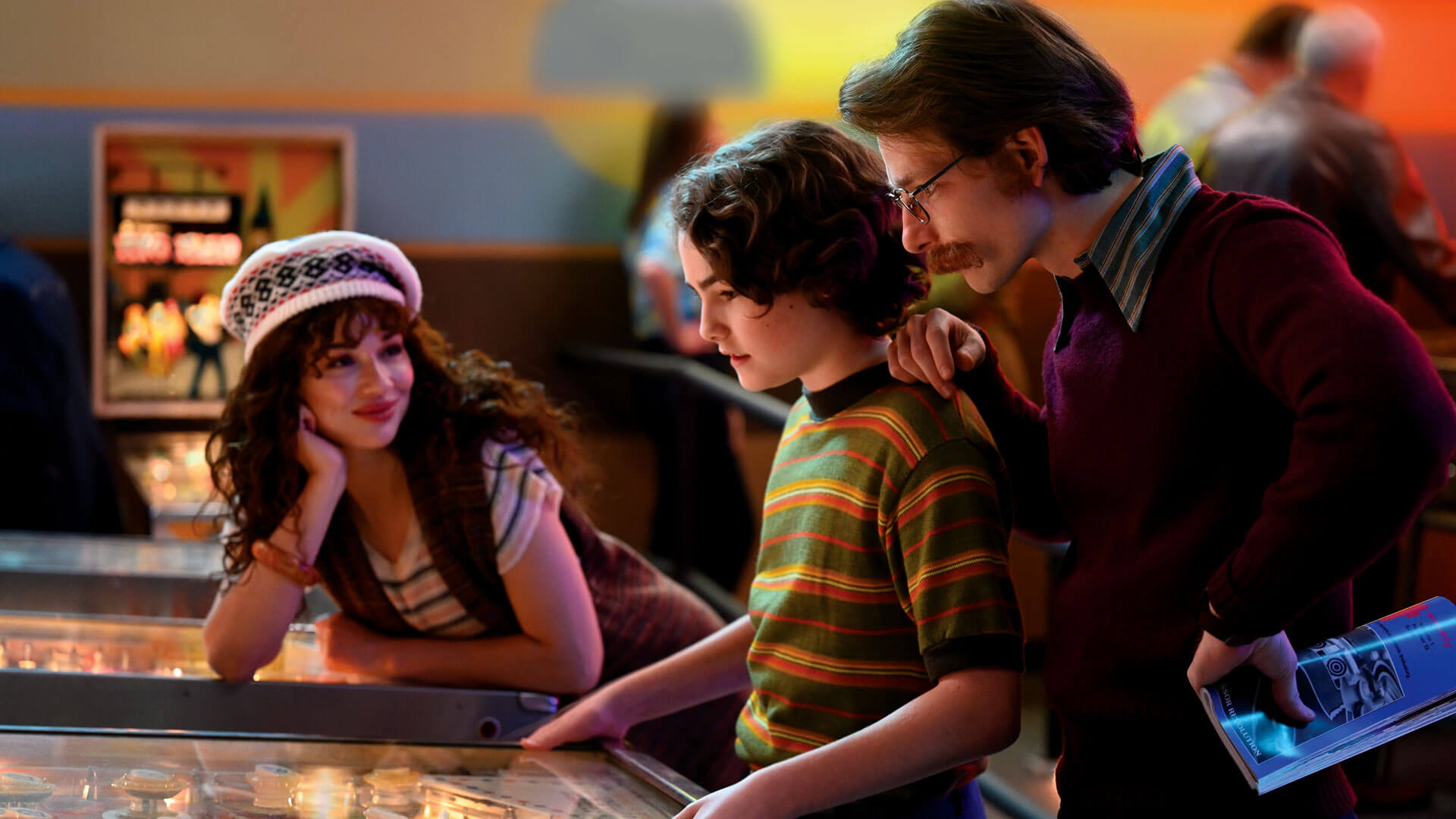
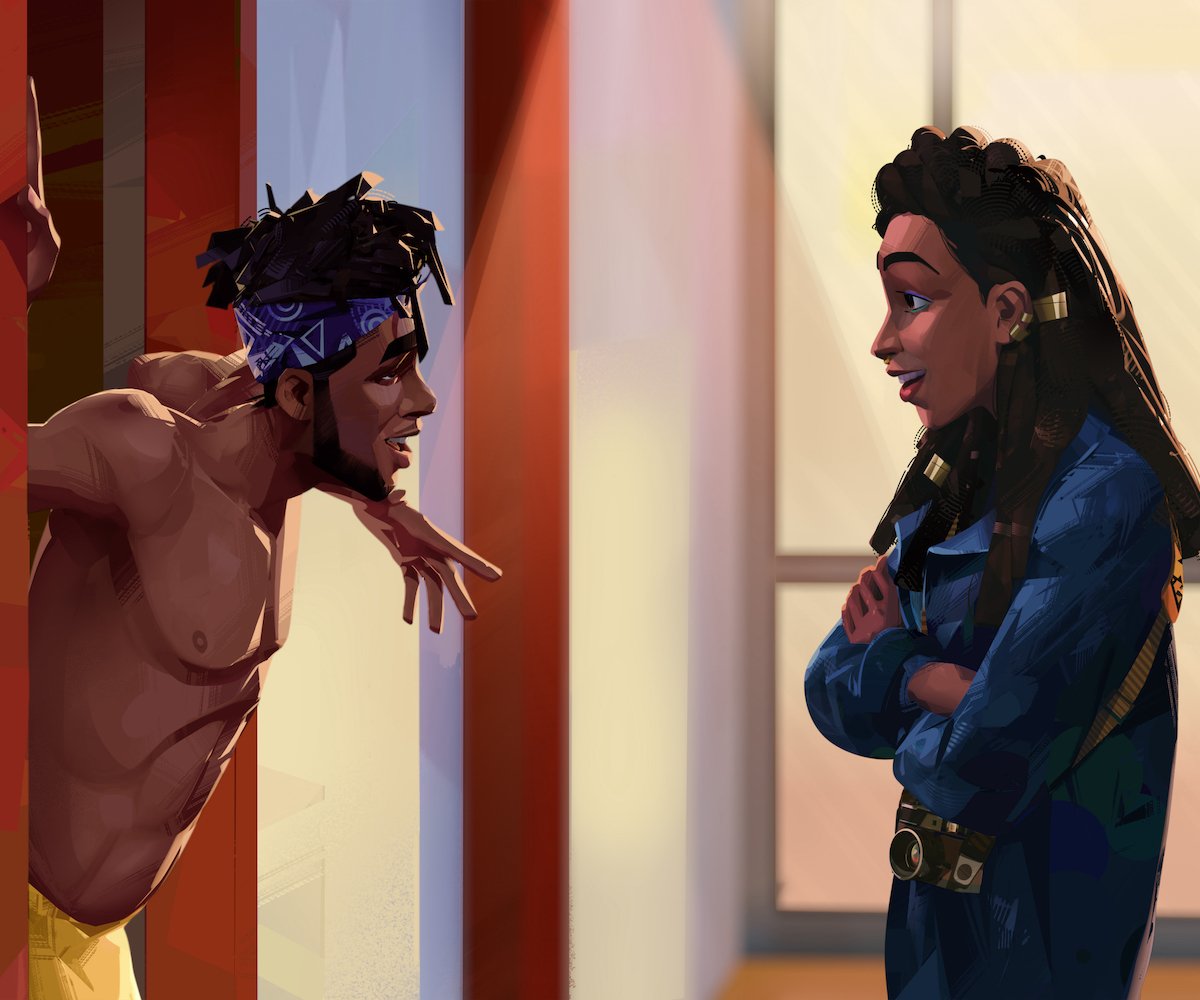
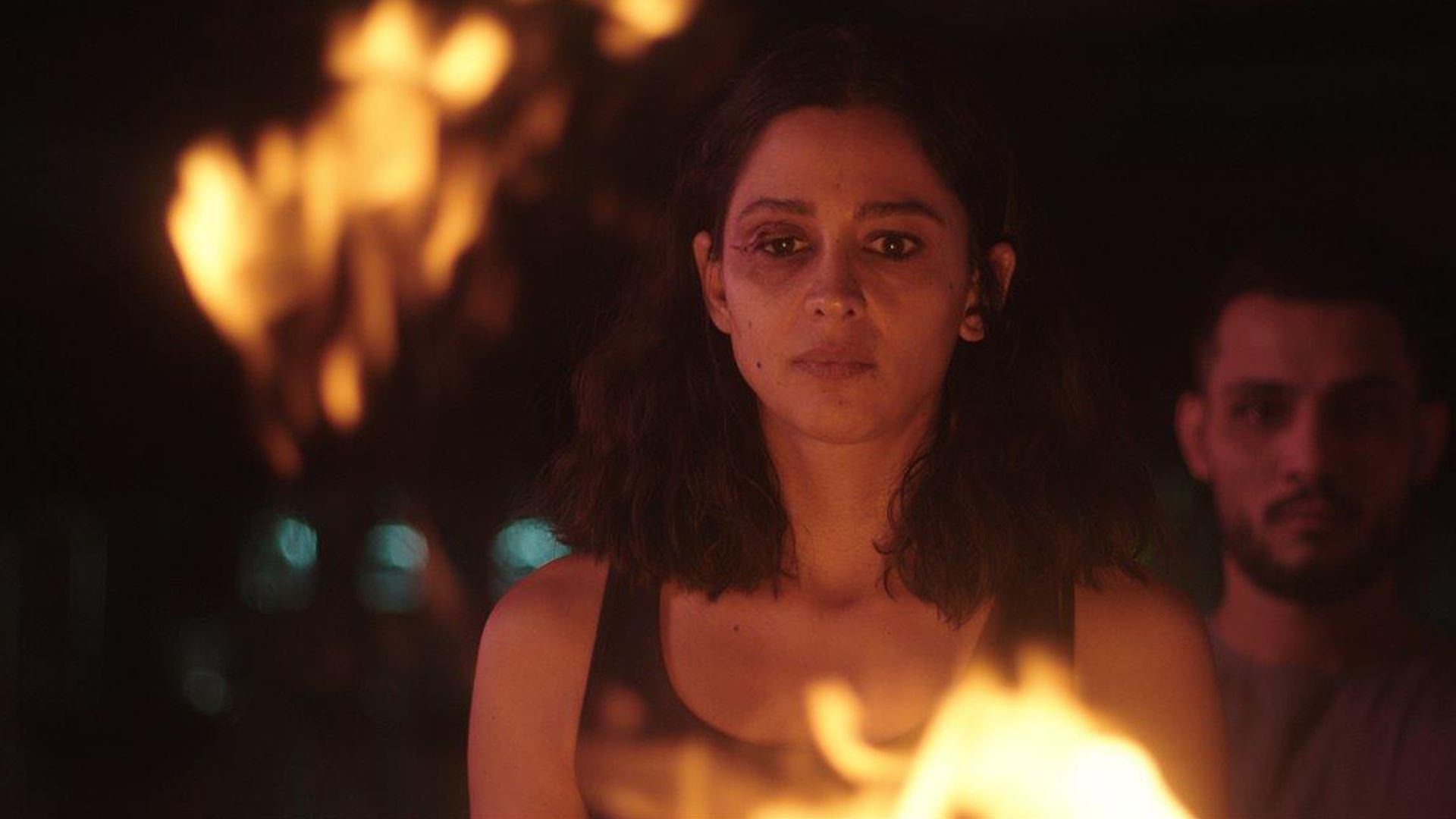
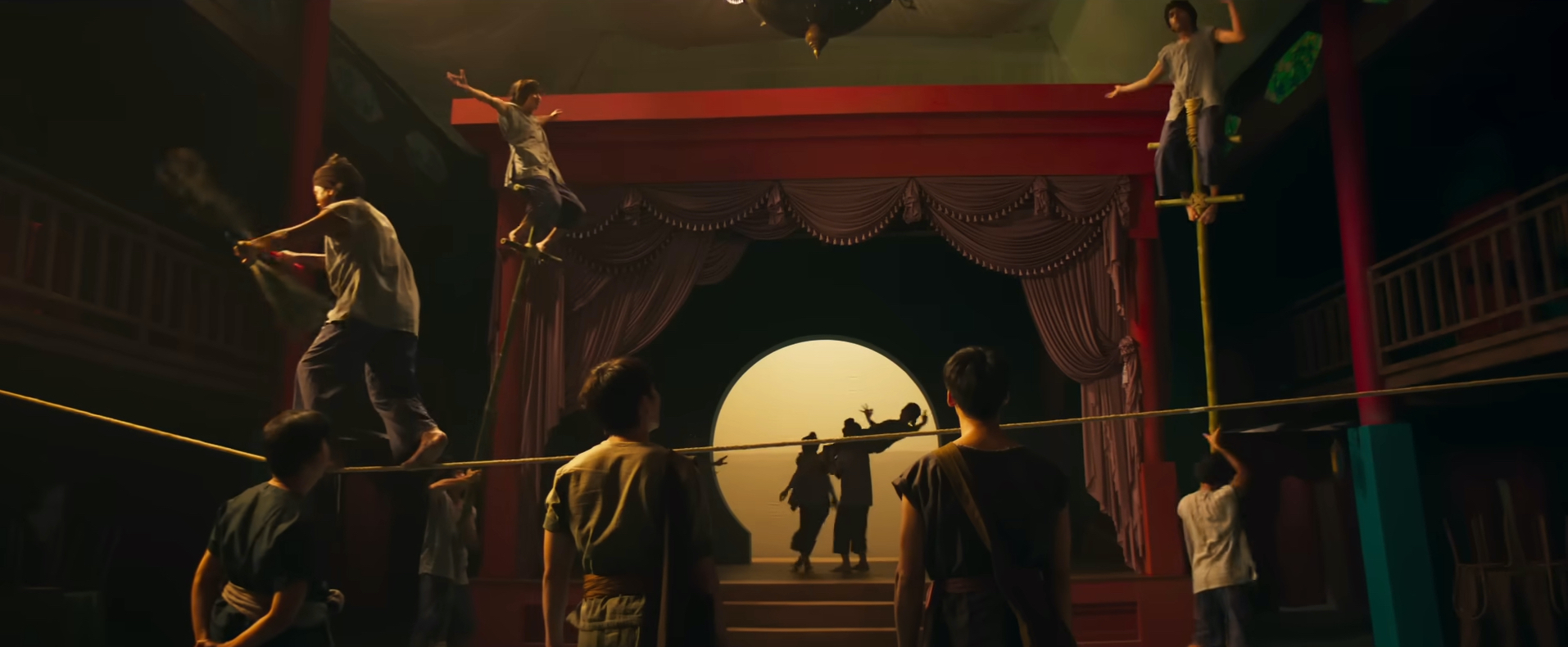

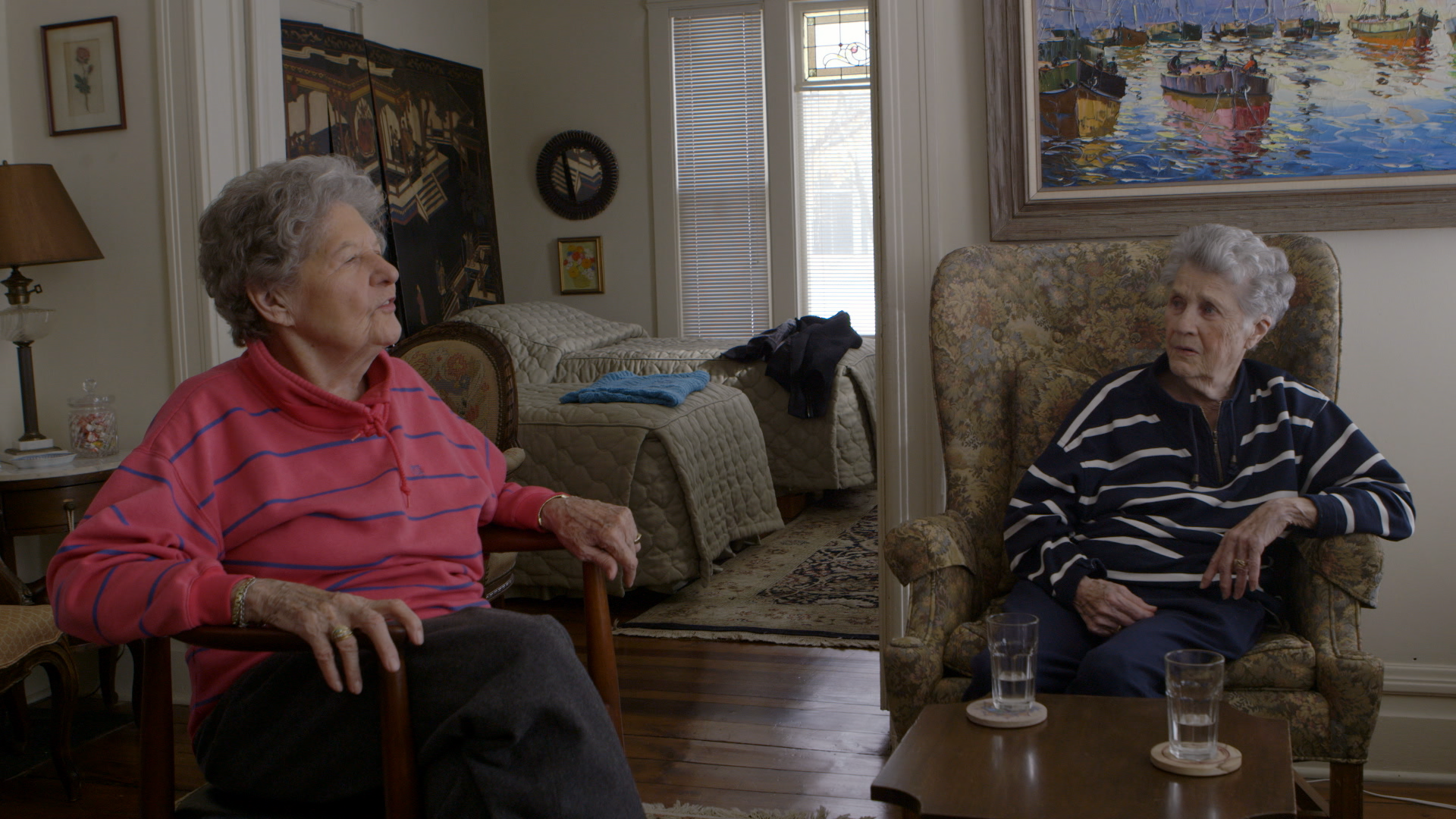
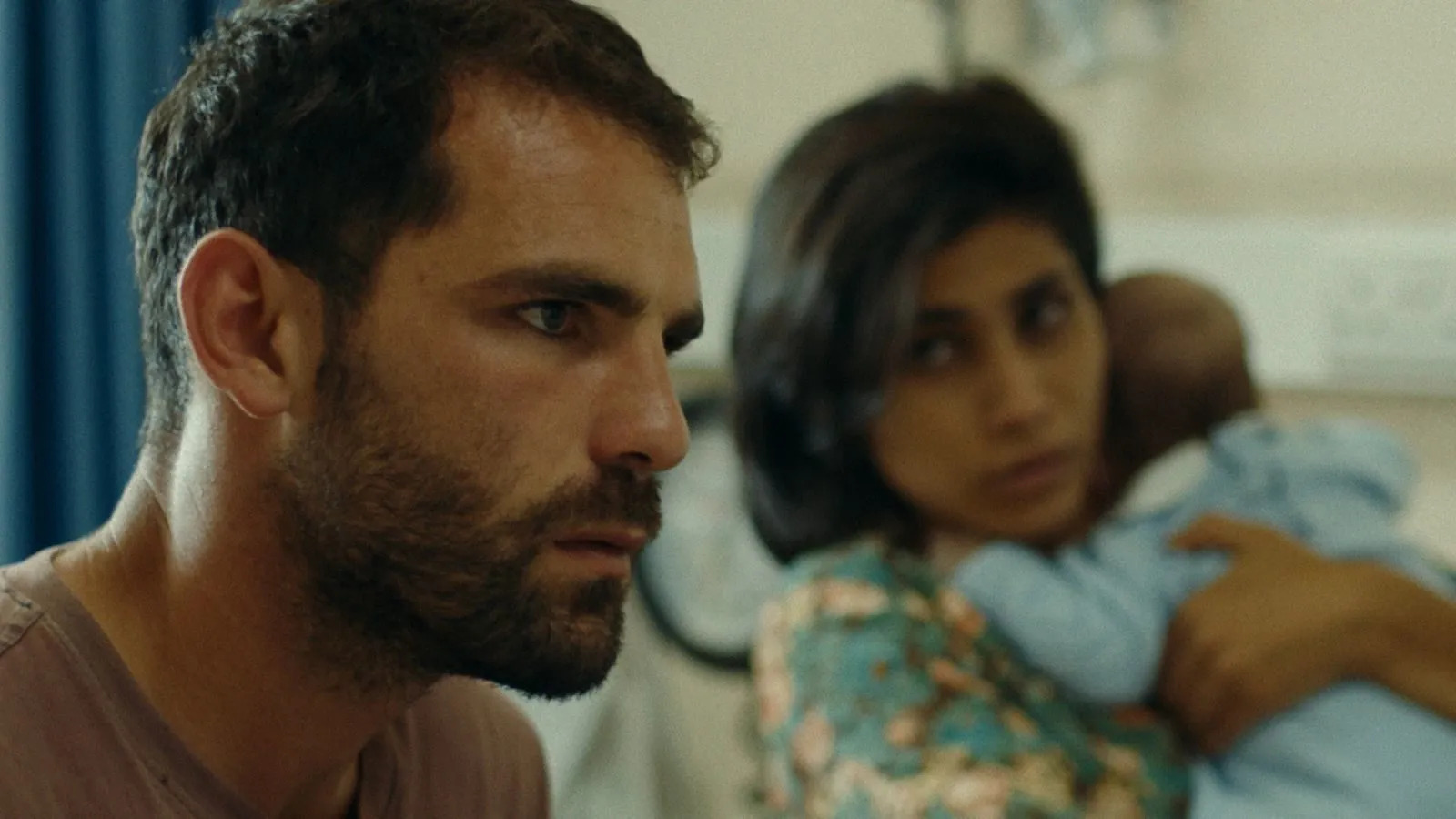


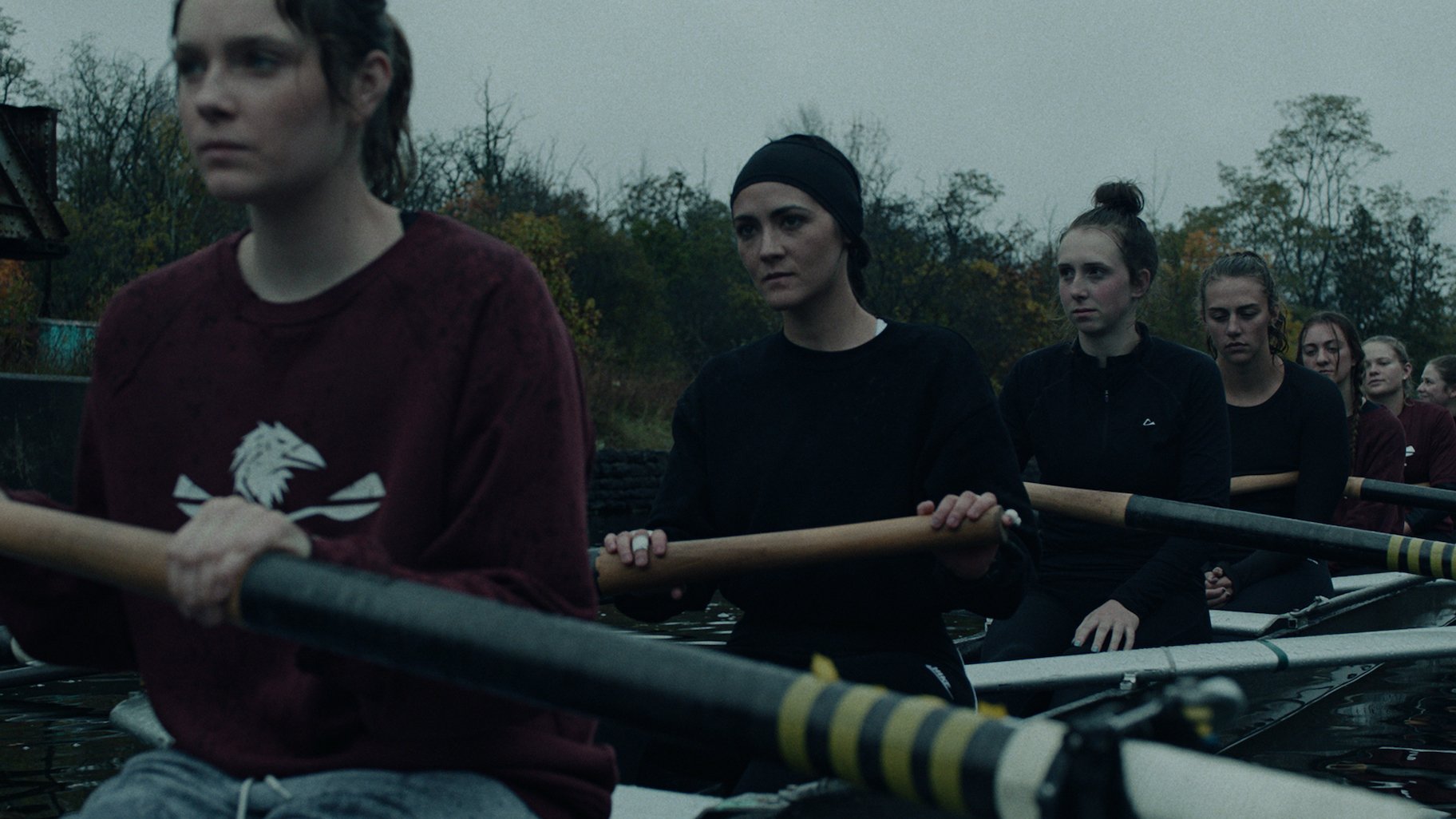
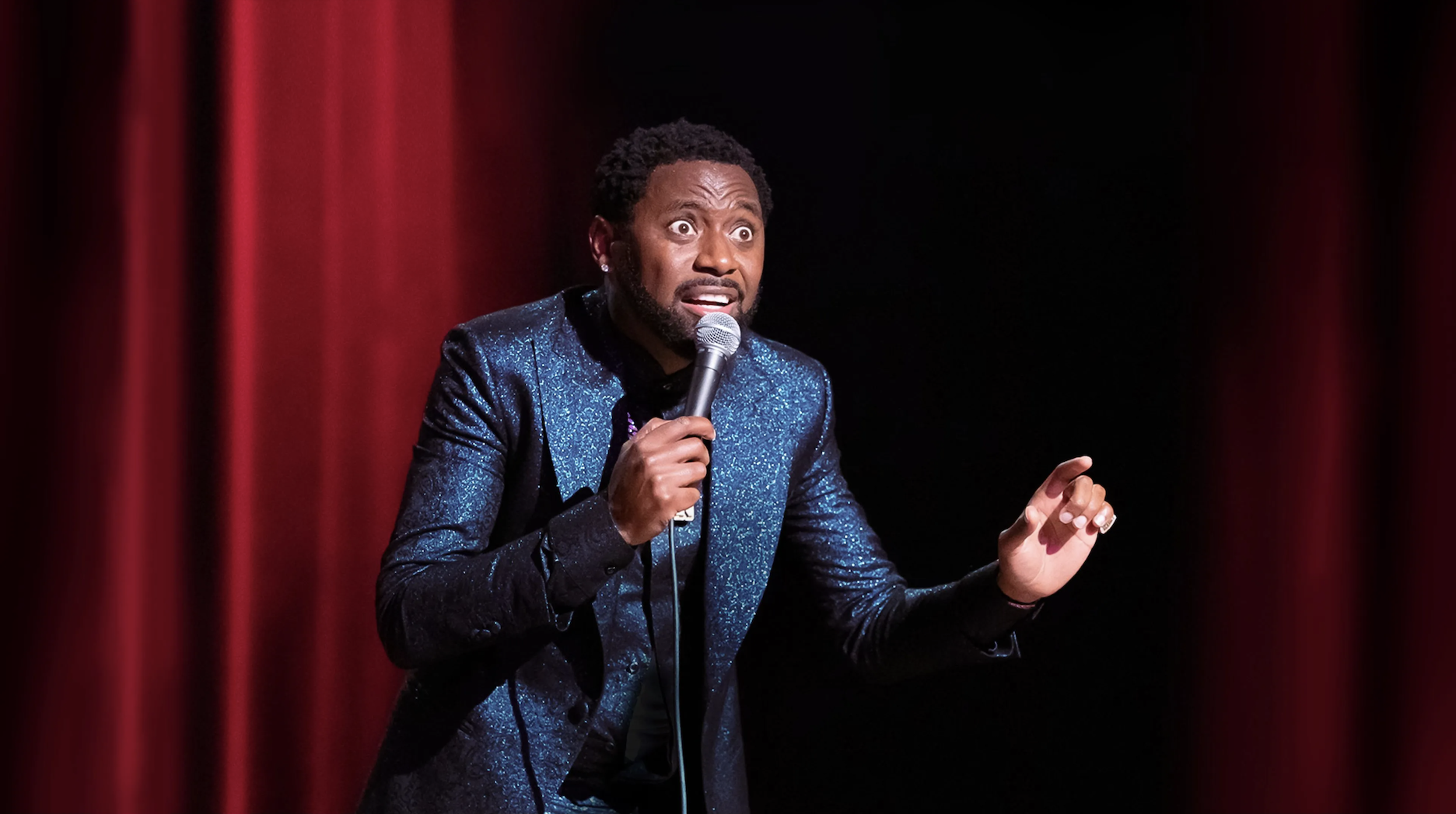


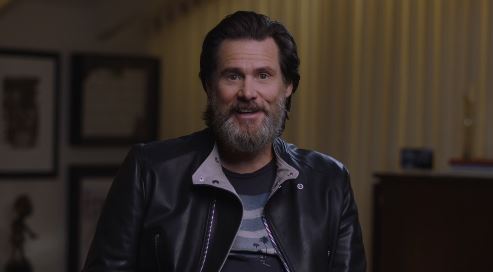
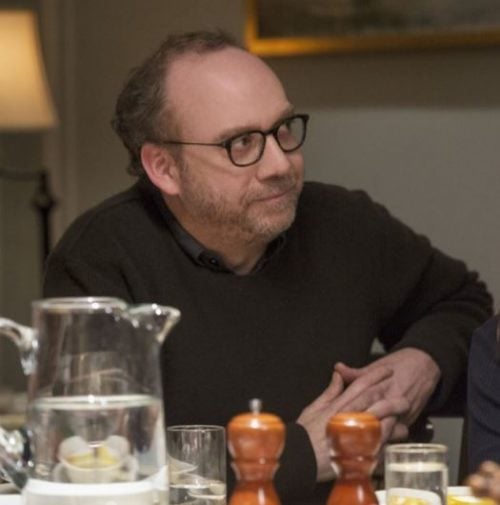
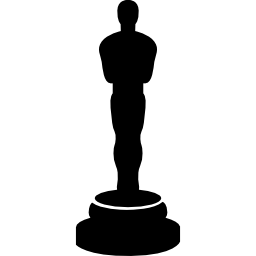 x1
x1
